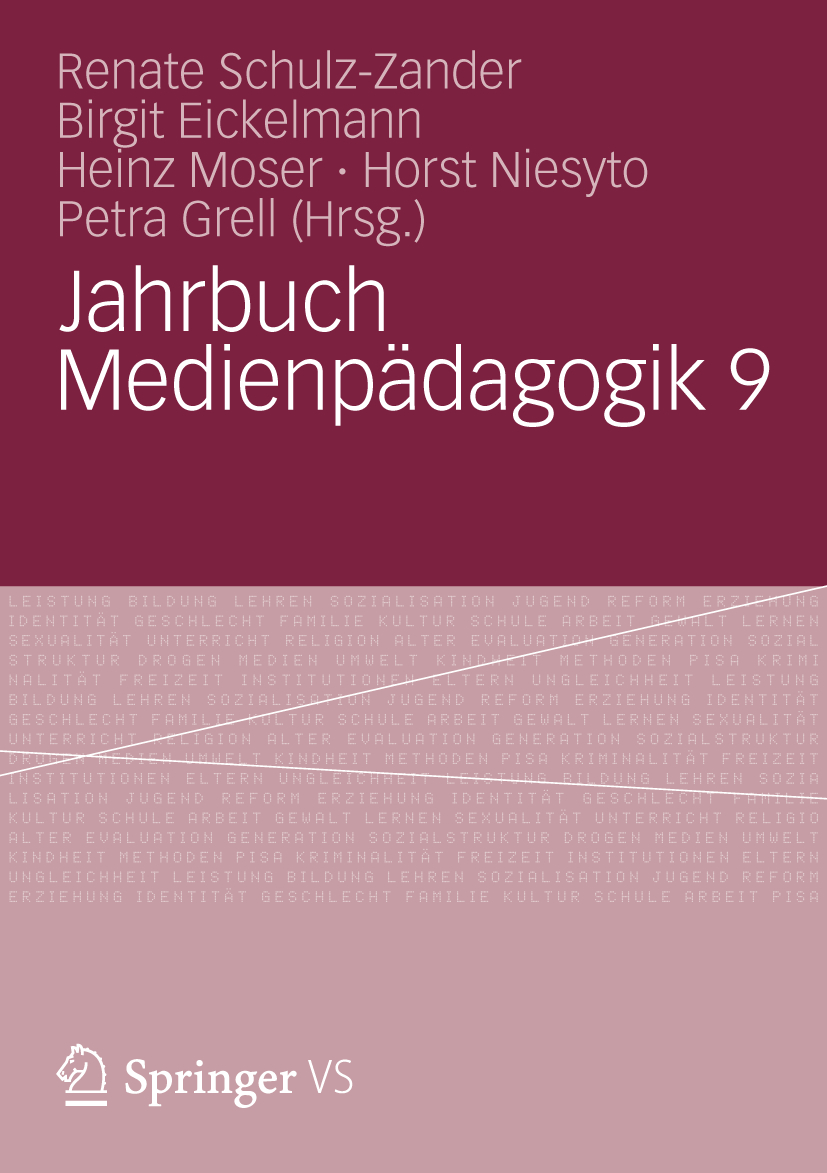Abstract
The integration of digital media in schools and teaching has been discussed in Germany for (at least) four decades (Schaumburg/Seidel 2009; Wedekind 2010). Although the underlying technologies and thus the perspectives on media-supported education have changed considerably over the years, the patterns of argumentation for the implementation of computer and information technology in schools have proven to be relatively stable. Hawkridge (1990), for example, identified four lines of reasoning that still seem relevant (cf. Herzig/Grafe 2007; Eickelmann 2010a). The social rationale assumes that pupils must be prepared for a "digitally shaped society and culture" (BMBF 2009). This involves a comprehensive media education that includes the productive and reflective use of digital media as a basis for participation in social processes. The vocational rationale, on the other hand, is oriented towards the requirements of the world of work, in which students without sufficient access to computers and the Internet - which still exist even in the (supposed) Net Generation (Schulmeister 2009) - are predicted to have difficulties in the labour market (Eickelmann 2010a). Due to company training requirements, computer skills are essential, for example, in the commercial area of vocational training. The pedagogical rationale, on the other hand, focuses on the learning-promoting potential of digital media and their didactically justified use. Digital media enable adaptivity, interactivity and the multicodal and multimodal presentation of information. Communication and cooperation can be promoted through the use of media (Herzig/Grafe 2010). Furthermore, digital media are said to have special potential for internal differentiation and individualisation of teaching processes (Eickelmann 2010b). Closely connected to this is the "catalytic" rationale.
